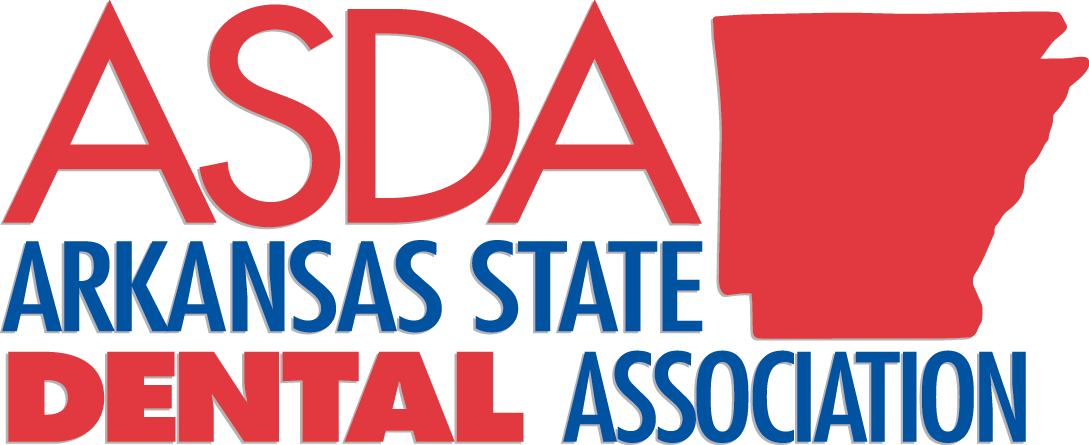Corporate Transparency Act filing deadline approaches
Dental practices must file beneficial ownership reports by Jan. 1, 2025
Reprinted from ADA Morning Huddle, November 14, 2024
Small businesses that meet certain requirements — including many dental practices — must file beneficial ownership information reports by Jan. 1, 2025 before facing penalties.
Enacted in 2021, the Corporate Transparency Act aims to mitigate money-laundering operations posing as businesses. It requires qualifying businesses to report information to the U.S. Department of the Treasury’s Financial Crimes Enforcement Unit about their ownership. The law went into effect Jan. 1.
Dental practices must file under the Corporate Transparency Act if they employ fewer than 20 people or if they generate less than $5 million (gross receipts) in revenue annually.
Existing practices will need to report information on both the practice itself, including the legal name, trade names, current address, jurisdiction and tax ID number; and the beneficial owners, including the name, date of birth, residential address, and a valid ID number of either a driver’s license, passport, or state ID, as well as a copy of the form of identification used.
But what constitutes a beneficial owner?
According to the statute, a beneficial owner owns or controls at least 25% of the business, or exercises substantial control over the business. “Substantial control” includes senior officers of a business, as well as anyone with significant influence over important decisions.
The ADA, which created a FAQ document to help dentists with questions about the Corporate Transparency Act, recommends consulting legal counsel when making determinations on beneficial ownership. ADA has also worked with many other small business groups to advocate for delays to Corporate Transparency Act reporting requirements, but a bill to delay these filings that nearly unanimously passed the House has not yet been taken up by the Senate.
Failure to file a report can result in civil and criminal penalties. Civil penalties include fines of up to $500 per day until the violation is fixed. Criminal penalties include fines of up to $10,000 and/or imprisonment for up to two years.
For more information or to file a report, visit fincen.gov/boi. FinCEN’s Small Entity Compliance Guide walks small businesses through the requirements.












